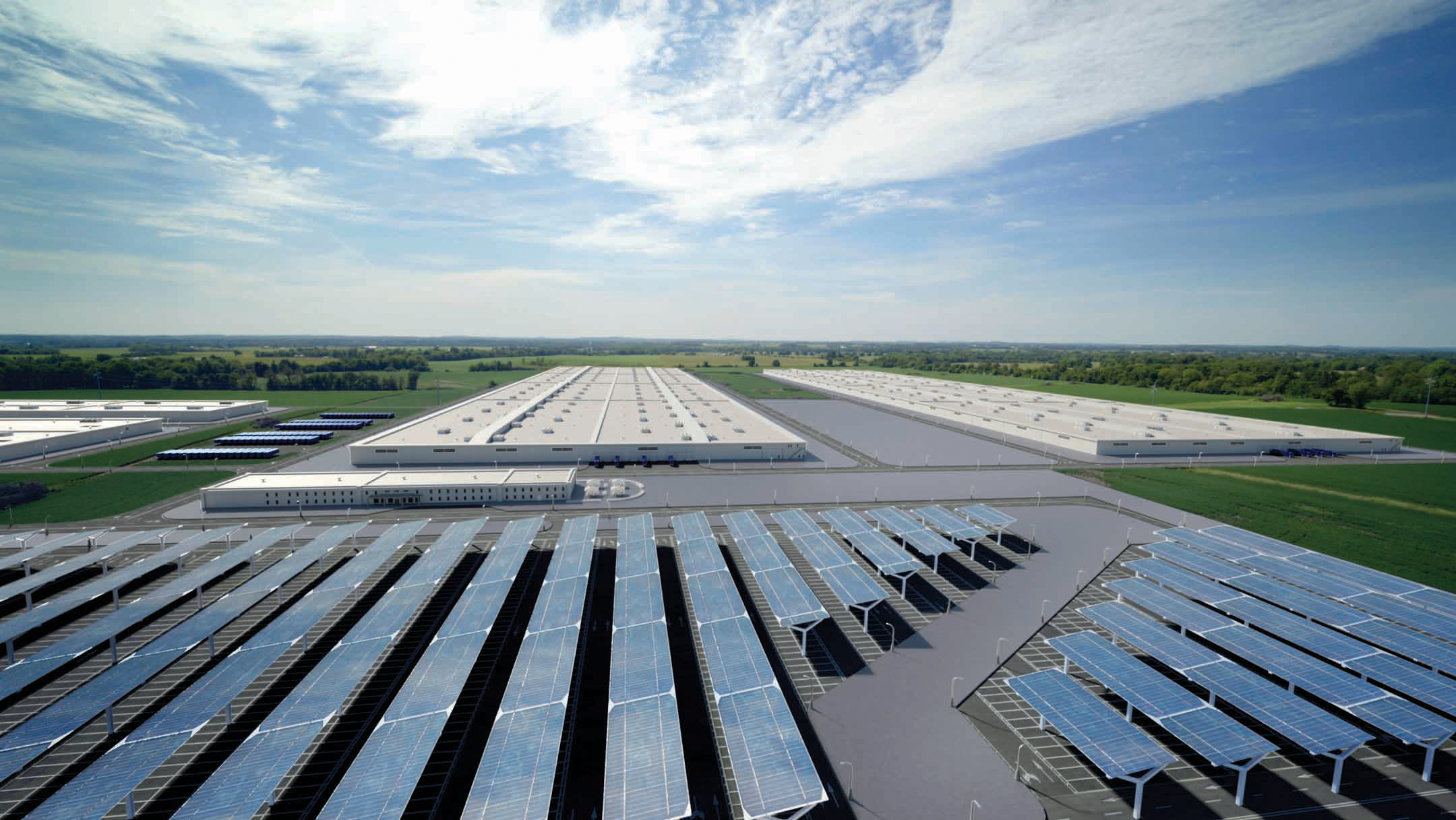
SARASOTA, Fla. — Reshoring and FDI job announcements in 2022 were at the highest rate ever recorded, with electric vehicle battery makers the top category, according to the Reshoring Initiative’s 2022 Data Report. Fourth quarter announcements accelerated even more than anticipated due to the Chips and Infrastructure Acts and deglobalization trends.
The Reshoring Initiative report contains data on U.S. reshoring and FDI by companies that have shifted production or sourcing from offshore to the United States.
“We publish this data quarterly to show companies that their peers are successfully reshoring and that they should reevaluate their sourcing and siting decisions,” said Harry Moser, founder and president of the Reshoring Initiative. “With 5 million manufacturing jobs still offshore, as measured by our $1.2 trillion per year goods trade deficit, there is potential for much more growth. We also call on the administration and Congress to enact policy changes to make the United States competitive again.”
Top takeaways:
• 364,000 reshoring + FDI jobs announced for 2022, up 53% from 2021’s record.
• 2022 brought the total number of job announcements since 2010 to nearly 1.6 million.
• EV batteries make Electrical Equipment the top industry.
• With the IRA, Chips Act, and Infrastructure Bill, the U.S. Government is finally warming up to an industrial policy, though a more comprehensive plan could be achieved at a lower cost.
Supply chain gaps and the need for greater self-sufficiency set the stage for the current upward trend in reshoring. The risks of a Taiwan-China conflict or China voluntarily decoupling are focusing those concerns. Destabilizing geo-political and climate forces have brought to light vulnerabilities and the need to address them, according to Moser. The White House responded with the Inflation Reduction Act, Chips Act and Infrastructure Bill, offering some direction and financial security to the companies and industries intent on filling the gaps.
“The current actions and momentum are a great start. A true industrial policy would accelerate the trend and increase U.S. manufacturing by 40%, 5 million jobs. Reshoring will reduce the trade and budget deficits and make the U.S. safer, more self-reliant and resilient,” Moser said.
These government actions are considered necessary strategy in the short run but are not sufficient since they do not improve the uncompetitive U.S. cost structure. According to Moser, true industrial policy would level the cost playing field via comprehensive actions such as massive skilled workforce investments, a 25% lower USD and retention of immediate expensing of capital investments.


















